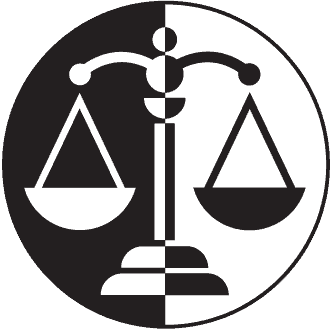North Carolina law provides that it is a person’s fundamental right to make his or her own health care decisions. what happens when a person is not able to make or communicate a health care decision? Imagine a person in a hospital who is unconscious, comatose, or otherwise not able to make or communicate a decision about his or her own care. When this happens, North Carolina law has clarified who can provide consent to procedures, medications, and treatment for those who cannot make or communicate their own care decisions.
N.C.G.S. § 90-21.13 provides the outline for a health care provider to determine who has the authority
to make the health care decisions for the person who can not make their own.
- Someone holding a valid health care power of attorney (health care agent) to the extent authorized by the power of attorney, unless the court has appointed a guardian for the patient and also suspended authority of the health care agent.
- If there is no health care agent as defined in (1), a court-appointed guardian or general guardian.
- If there is no guardian as provided in (2), an attorney-in-fact who is granted power over health care decisions by a valid power of attorney.
- If there is no attorney-in-fact as provided in (3), the spouse of the patient.
- If there is no spouse as provided in (4), a majority of the patient’s reasonably available parents and adult children.
- If there are no reasonably available parents and adult children as provided in (5), then a majority of the patient’s reasonably available adult siblings.
- If there are no reasonably available adult siblings as provided in (6), then an individual who has an established relationship with the patient, who is acting in good faith on behalf of the patient and who can reliably convey the patient’s wishes.
- If none of the above are available, the patient’s attending physician may provide medical treatment to the patient without patient’s consent if another physician confirms patient’s condition and necessity for medical treatment provided. However, this confirmation by a second physician is not required if delay caused by obtaining confirmation would endanger the patient’s life or seriously worsen the patient’s condition.
____________
Amanda Spence is a estate and elder law attorney in Raleigh, NC with over twenty years of experience . She can be reached at 919.863.4183.

